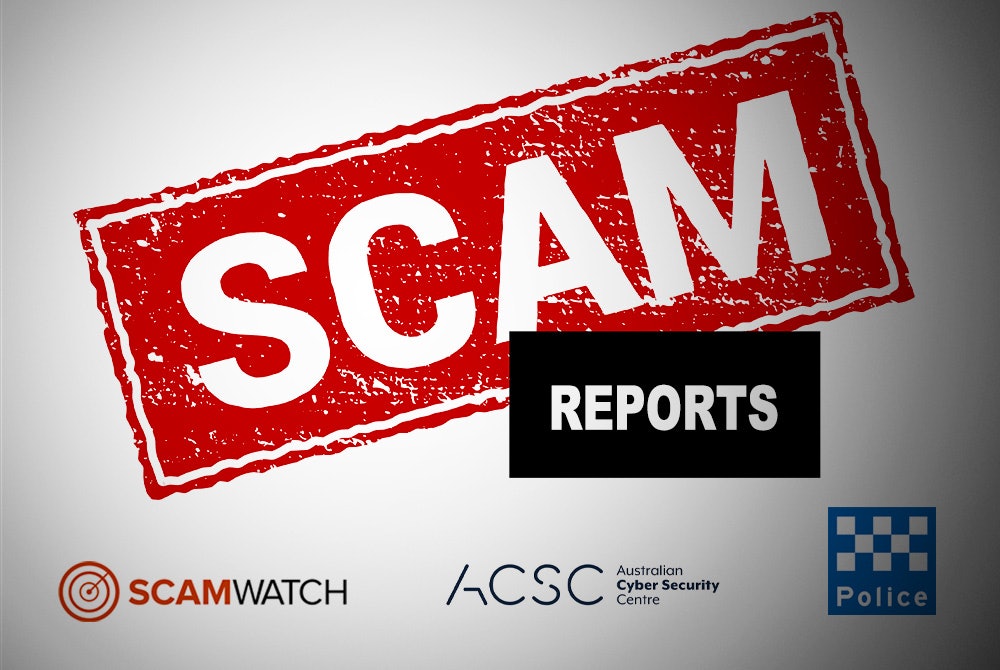In today’s fast-paced world, managing personal Thruster Blast effectively is crucial for achieving long-term financial stability and success. From budgeting and saving to investing and planning for retirement, personal finance encompasses a wide range of strategies and practices that can help individuals take control of their financial future. This article explores the fundamental aspects of personal finance and offers practical tips for making informed financial decisions.
1. Budgeting: The Foundation of Financial Management
Budgeting is the cornerstone of personal finance. It involves creating a plan that outlines how your income will be allocated toward various expenses, savings, and investments. A well-structured budget helps you track your spending, identify areas where you can cut back, and ensure that you are living within your means.
Tips for Effective Budgeting:
- Track Your Income and Expenses: Use budgeting apps or spreadsheets to monitor your monthly income and expenditures.
- Set Realistic Goals: Determine short-term and long-term financial goals, such as saving for a vacation or paying off debt.
- Adjust as Needed: Periodically review and adjust your budget to reflect changes in income, expenses, or financial goals.
2. Saving: Building a Financial Safety Net
Savings are essential for building a financial safety net and preparing for unexpected expenses. Establishing an emergency fund is a critical step in safeguarding against unforeseen financial challenges, such as medical emergencies or job loss.
Strategies for Effective Saving:
- Automate Savings: Set up automatic transfers from your checking account to a savings account to ensure consistent contributions.
- Create an Emergency Fund: Aim to save three to six months’ worth of living expenses in a readily accessible account.
- Save for Specific Goals: Allocate funds for specific goals, such as a down payment on a house or a child’s education.
3. Investing: Growing Your Wealth
Investing involves putting your money into assets with the potential for growth, such as stocks, bonds, or real estate. It is a crucial component of building wealth and achieving financial independence.
Investment Tips:
- Diversify Your Portfolio: Spread your investments across various asset classes to reduce risk.
- Understand Your Risk Tolerance: Choose investments that align with your risk tolerance and time horizon.
- Seek Professional Advice: Consider consulting with a financial advisor to develop a personalized investment strategy.
4. Managing Debt: Balancing Borrowing and Repayment
Effective debt management is essential for maintaining financial health. While debt can be a useful tool for achieving goals, such as buying a home or funding education, excessive or poorly managed debt can lead to financial stress.
Debt Management Tips:
- Prioritize High-Interest Debt: Focus on paying off high-interest debt, such as credit card balances, first.
- Avoid Unnecessary Debt: Limit borrowing to essential needs and avoid impulsive purchases that may lead to debt.
- Create a Repayment Plan: Develop a structured plan for repaying debts and stick to it.
5. Retirement Planning: Securing Your Future
Planning for retirement is a long-term financial strategy that involves saving and investing to ensure financial security in your later years. Early planning can help you build a sufficient retirement fund and achieve your desired lifestyle.
Retirement Planning Tips:
- Start Early: Begin contributing to retirement accounts as early as possible to take advantage of compound growth.
- Explore Retirement Accounts: Consider options such as 401(k)s, IRAs, and Roth IRAs to maximize tax benefits and growth potential.
- Estimate Retirement Needs: Calculate how much you will need for retirement and adjust your savings strategy accordingly.
6. Financial Literacy: Empowering Yourself
Financial literacy is the ability to understand and effectively manage personal finances. Enhancing your financial knowledge can help you make informed decisions and achieve financial goals.
Ways to Improve Financial Literacy:
- Educate Yourself: Read books, take courses, or attend workshops on personal finance and investing.
- Stay Informed: Keep up with financial news and trends to stay informed about market developments and economic conditions.
- Seek Professional Guidance: Consider working with financial professionals to gain insights and advice tailored to your financial situation.
Conclusion
Effective personal finance management is essential for achieving financial stability and long-term success. By budgeting, saving, investing, managing debt, planning for retirement, and improving financial literacy, individuals can take control of their financial future and work toward their financial goals. Remember, personal finance is a journey, and making informed decisions along the way can lead to a more secure and prosperous financial future.



